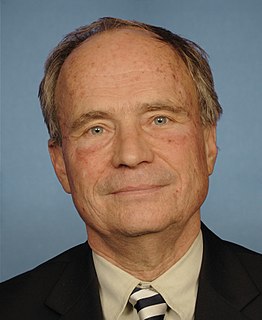A Quote by Henry Paulson
In pursuing economic growth, India and the United States share similar values and similar challenges. We understand that the global economy is here to stay. To keep growing and leading the world in innovation and opportunity, the United States and India must trade freely, openly, and according to the principles of the global marketplace.
Related Quotes
India does not need to become anything else. India must become only India. This is a country that once upon a time was called 'the golden bird'. We have fallen from where we were before. But now we have the chance to rise again. If you see the details of the last five or ten centuries, you will see that India and China have grown at similar paces. Their contributions to global GDP have risen in parallel, and fallen in parallel. Today's era once again belongs to Asia. India and China are both growing rapidly, together. That is why India needs to remain India.
For in Asia and around the world, India is not simply emerging; India has already emerged. And it is my firm belief that the relationship between the United States and India - bound by our shared interests and values - will be one of the defining partnerships of the 21st century. This is the partnership I have come here to build. This is the vision that our nations can realise together.
It is truly vital for the United States to assure that it is not attacked with weapons of mass destruction; to prevent wars in other countries from spreading onto American soil; and to maintain access to global sea lanes on which our economy depends. Beyond that, there is little or nothing in the world that should draw the United States to war.
The United States must recognize that access to reliable and affordable energy is the basis for economic expansion - and global competitiveness. And the nation must move from discouraging fossil fuel development - which is largely our approach today - to enabling it. We need all forms of energy to keep our economy strong.
I think that it's very important to have the United States' engagement in many situations we have around the world, be it in Syria, be it in the African context. The United States represents an important set of values, human rights, values related to freedom, to democracy. And so the foreign policy engagement of the United States is a very important guarantee that those values can be properly pursued.




































